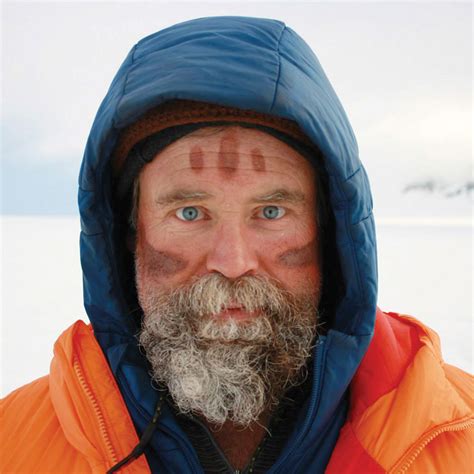A Quote by Jennifer Egan
...water laughing softly down a black stone wall.
Related Quotes
Water does not resist. Water flows. When you plunge your hand into it, all you feel is a caress. Water is not a solid wall, it will not stop you. But water always goes where it wants to go, and nothing in the end can stand against it. Water is patient. Dripping water wears away a stone. Remember that, my child. Remember you are half water. If you can't go through an obstacle, go around it. Water does.
A man or a woman is said to be absorbed when the water has total control of him, and he no control of the water. A swimmer moves around willfully. An absorbed being has no will but the water's going. Any word or act is not really personal, but the way the water has of speaking or doing. As when you hear a voice coming out of a wall, and you know that it's not the wall talking, but someone inside, or perhaps someone outside echoing off the wall. Saints are like that. They've achieved the condition of a wall, or a door.
I stood looking down through the beech trees. When I threw a stone I could count to five before the splash. Then I jumped in a rush of gold to the head, through black and cold, red and cold, brown and warm, giving water the weight and size of myself in order to imagine it, water with my bones, water with my mouth and my understanding. When my body was in some way a wave to swim in, one continuous fin from head to tail, I steered through rapids like a canoe, digging my hands in, keeping just ahead of the river.
The pale pink light of dawn sparkled on branch and leaf and stone. Every blade of grass was carved from emerald, every drip of water turned to diamond. Flowers and mushrooms alike wore coats of glass. Even the mud puddles had a bright brown sheen. Through the shimmering greenery, the black tents of his brothers were encased in a fine glaze of ice. So there is magic beyond the Wall after all.
When you do your research write down whatever interests you. Whatever stimulates your imagination. Whatever seems important. A story is built like a stone wall. Not all the stones will fit. Some will have to be discarded. Some broken and reshaped. When you finish the wall it may not look exactly like the wall you envisioned, but it will keep the livestock in and the predators out. (pg. 144)
But this man had set down with a hammer and chisel and carved out a stone water trough to last ten thousand years. Why was that? What was it that he had faith in? It wasn't that nothin' would change. Which is what you might think, I suppose. He had to know better'n that. I've thought about it a good deal. . . And I have to say that the only thing I can think is that there was some sort of promise in his heart. And I don't have no intentions of carvin' a stone water trough. But I would like to be able to make that kind of promise. I think that's what I would like most of all.
Take these," said the old man, holding out a white stone and a black stone that had been embedded at the center of the breastplate. "They are called Urim and Thummim. The black signifies 'yes,' and the white 'no.' When you are unable to read the omens, they will help you to do so. Always ask an objective question.




































